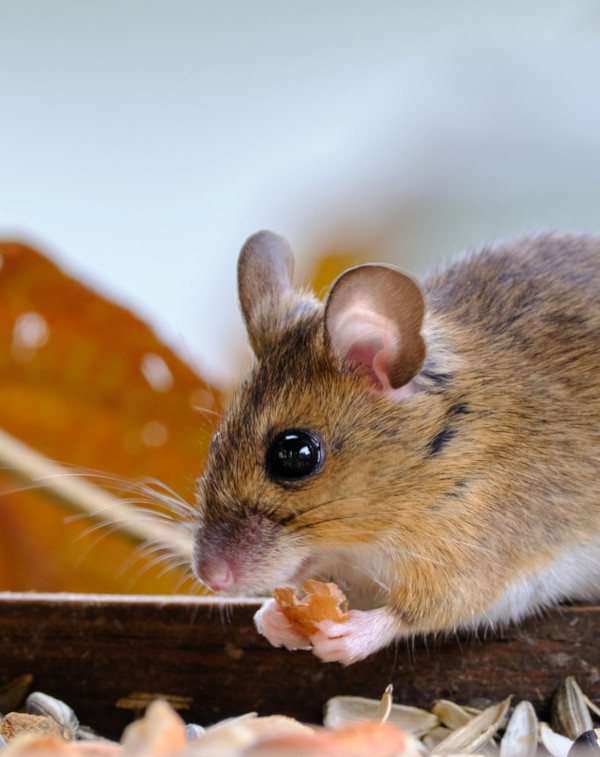Rodent Control in Restaurants:
Meeting Health Code Standards
Maintaining a pest-free environment is crucial for restaurants, not only for the satisfaction of customers but also to meet health code standards. Rodent infestations pose significant health risks and can lead to severe consequences for the reputation and operation of a restaurant. Here's a guide on effective rodent control in restaurants, ensuring compliance with health code standards:
1. Regular Inspections:
Conduct routine inspections of the entire restaurant, paying close attention to areas where rodents may find food and shelter. Check storage areas, kitchens, dining areas, and any spaces with access to food.
2. Seal Entry Points:
Identify and seal all potential entry points for rodents, such as gaps around doors and windows, openings in walls, and utility penetrations. This helps prevent rodents from gaining access to the premises.
3. Proper Food Storage:
Store all food items in sealed, airtight containers to prevent contamination. Regularly check for any signs of gnawing or droppings near food storage areas.
4. Effective Waste Management:
Ensure proper disposal of food waste and garbage. Keep trash cans tightly sealed, and schedule regular pickups to minimize the attraction of rodents.
5. Maintain Cleanliness:
Regularly clean and sanitize all areas of the restaurant, paying attention to spills, crumbs, and any food residue. Rodents are attracted to food debris, so a clean environment is a deterrent.

6. Outdoor Maintenance:
Keep the restaurant's exterior well-maintained. Trim vegetation away from the building, and ensure there are no hiding spots or entry points around the perimeter.
7. Professional Pest Control Services:
Establish a partnership with a licensed pest control service experienced in commercial settings. Regular professional inspections and treatments can prevent and address rodent issues effectively.
8. Educate Staff:
Train staff members to recognize the signs of rodent activity and report any concerns promptly. Encourage a culture of cleanliness and shared responsibility in maintaining a pest-free environment.
9. Implement Monitoring Devices:
Use rodent monitoring devices strategically placed in areas prone to infestation. This helps in early detection and allows for targeted interventions.
10. Document Control Measures:
Maintain detailed records of all pest control measures taken, including inspections, treatments, and any corrective actions. This documentation is crucial for demonstrating compliance with health code standards during inspections.
11. Emergency Response Plan:
Have an emergency response plan in place in case of a sudden increase in rodent activity. This may include temporarily closing affected areas, implementing additional cleaning measures, and seeking professional assistance immediately.
12. Professional San Antonio Rodent Control Services:
Consider engaging the services of a professional San Antonio rodent control, experienced in addressing pest issues specific to the local environment. Their knowledge of regional pest behavior and effective control methods can contribute significantly to meeting health code standards.
13. Utilize Exclusion Methods:
mplement exclusion methods to prevent rodent entry. This may involve installing door sweeps, sealing gaps in walls and floors, and using mesh screens on windows and vents. Proactive exclusion measures can play a crucial role in maintaining a pest-free environment.
14. Documented Inspections
Leverage online tools such as www.miceexterminator.org/ for documenting and managing inspections. This platform can provide a centralized and accessible record of all pest control measures taken, aiding in compliance documentation during health inspections.
By implementing these rodent control measures, restaurants can not only meet health code standards but also create a safer and more enjoyable dining environment for customers and staff alike. Regular vigilance and proactive pest management are key to the success of any rodent control program in a restaurant setting.